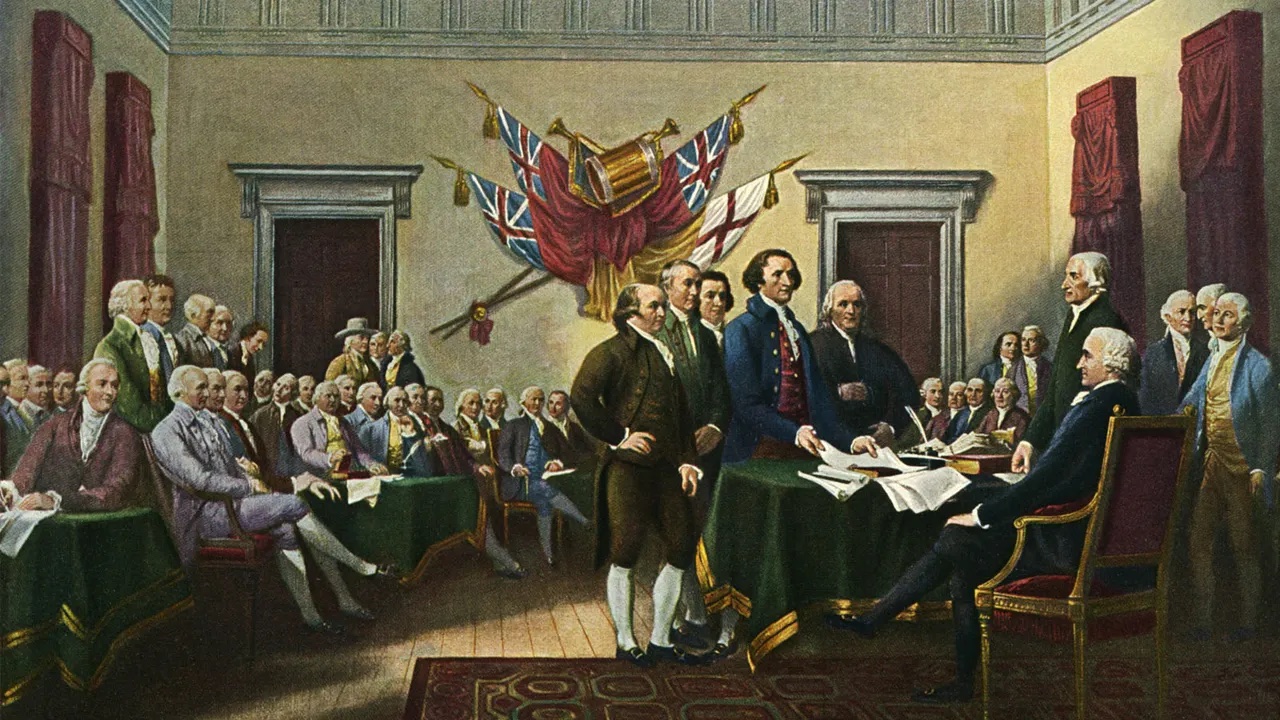In the past, we have published work here at Mere O arguing that "Christian nationalism" is a useless term because it means everything and nothing all at once.
Here is Miles Smith making that case last year:
Login to read more
Sign in or create a free account to access Subscriber-only content.
